We have spoken with our pharmacist (and marketing girl), Lara Mecández, to explain what dry skin and mucous membranes are, why it is produced and what care we can apply.
Which are the different types of skin?
There are 4 types of skin: normal, mixed, oily and dry. Each one has different characteristics, for example, normal skin is neutral, which has neither problems of dryness nor oiliness and requires less care. Oily skin is characterized by producing a higher amount of sebum than for example, the normal skin. They tend to be more hydrated and have fewer wrinkles in the future. On the contrary, dry skin has a deficit in terms of fat segregation, which can produce conditions such as tightness, irritation, desquamation, etc. Finally, mixed skin is composed by having drier areas and oily areas.
Basic care
In general, whatever our skin type, there are two basic but essential routines which we should not ignore: deep skin cleansing and moisturizing. Once we have internalized these two steps we can add a specific product according to the needs we have (wrinkles, acne, imperfections etc.).
How do we know if we have dry skin?
Because we will feel that the skin is tight, as well as itching or peeling, either in the face or in any other part of the body. The important thing, and to keep in mind, is that we will notice discomfort in the skin.
Why does dryness occur?
There are various reasons. It may be that naturally we tend to have this type of skin, or that, we have been in the sun for too long for example.
It is also possible that we are not hydrating properly, like not drinking enough water (2 liters minimum), eating little varied and healthy food or that we are not using the appropriate cosmetic care for our skin type.
What are mucous membranes? Can they also suffer from dryness?
The mucous membranes are a membrane that cover some organs and secrete mucus, such as the ocular, nasal, buccal or vaginal mucosa. These areas can also cause dryness, either more chronically or in a timely manner. Depending on the age, whether we suffer from any specific pathology, our diet, water consumption or some treatments such as acne, which dry out the skin and mucous membranes a lot. It is also possible that external elements such as stress, pollution and very humid environments alter the natural hydration of these areas.
How can we treat it?
Depending on the area where we have dryness we can apply some treatments. For example, in the case of ocular dryness, which may be caused by the use of contact lenses, we can apply eye drops that hydrate the entire mucosa. Of course, we should first make sure that this dryness does not come from any pathology, such as an allergy. In the area of the nose, we can use specific creams, as well as in the vaginal area, which is especially annoying for sexual intercourse, since there is not enough lubrication.
For dryness of the skin on the face or other specific areas of the body, we can resort to the use of moisturizing or emollient topical creams.
As we have mentioned before, it is also important to drink water and have a diet rich in fatty acids, omegas, fruits, vegetables, etc. The skin reflects what we eat, for example, it is proven that there are foods that can cause more acne. The state of health is very influenced by diet.
And if that is not enough?
If we are doing everything we have said and dryness still persists, we should consult with our doctor to make sure it is not a pathology and, also, contemplate resorting to the use of a food supplement that nurtures and hydrates us from within.

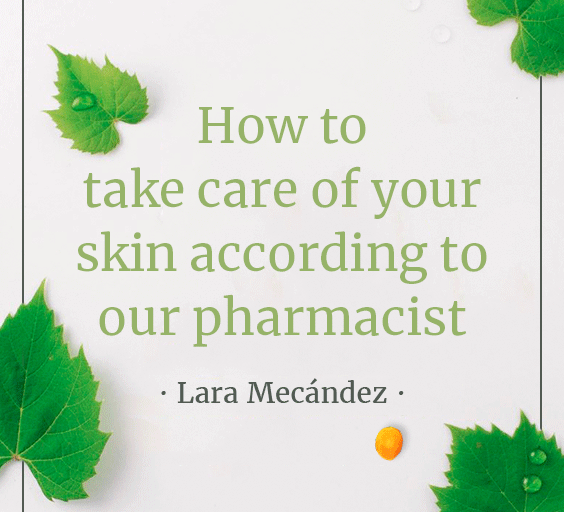
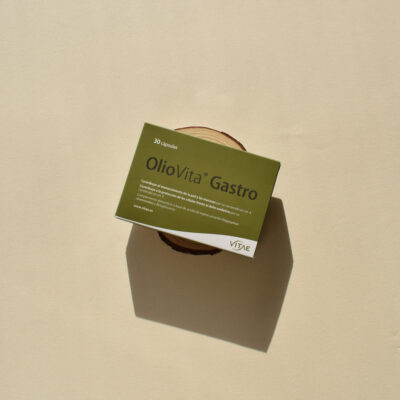
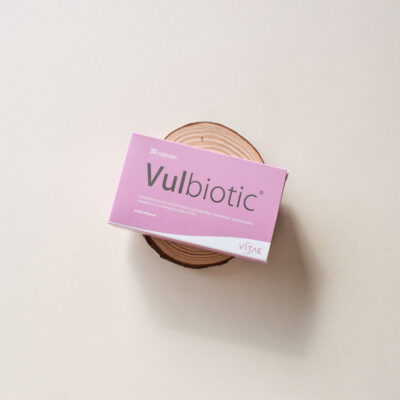
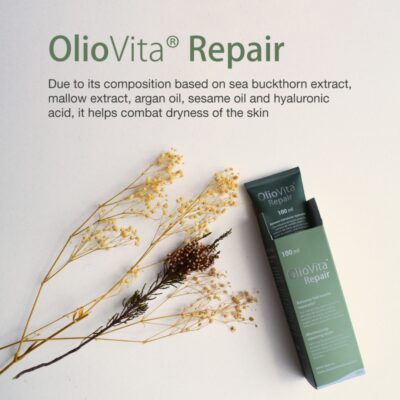

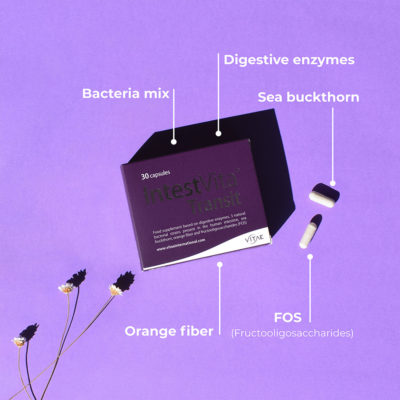
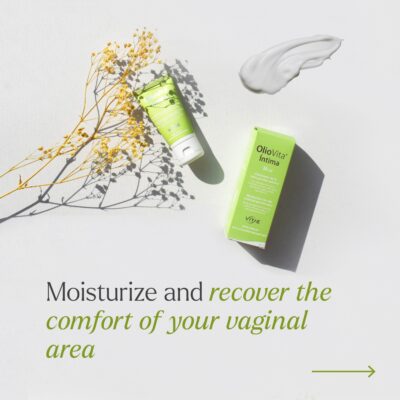



Hi, this information helps me a lot to get rid of this skin problem and I have been very thankful to you for providing this solution. Keep updating thankyou.
Good Morning Martin,
Thank you very much for your review. We are really pleased this article helps you to get rid of your skin problem.
Kind Regards